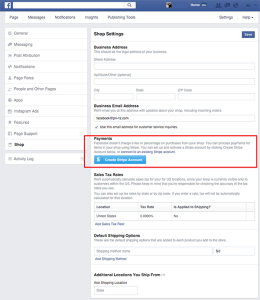Selling your business can be the most fulfilling event of your life when you finally see your hard work, dedication, and risk-taking payoff. But what are you to do now that you no longer own the business you spent your time creating and running?
As a smart business owner, you must have an after-sale strategy to ensure that you secure the funds you earn from selling your business by growing your capital for long-term sustainability.
Here is what you should do after the sale of your business.
Create a Transition Plan
Selling a business frees up a lot of the time you spent building and running your business. With more time and lesser responsibility on your hands, you need to develop a plan for the next phase of your life, whether you intend to retire, create another business, or pursue your passions.
Set some goals and structure for the next six months to one year to help you re-establish your focus and priorities. Look at other areas of your life that you need to or have always wanted to work on and focus on those. Evaluate where you want to be in a given time frame and lay down the strategy you need to follow to reach these goals.
Having a plan will also help you avoid or deal with seller’s remorse, which creeps upon most entrepreneurs when they realize they were too attached to their business or their company is mismanaged.
Rest
Selling a business is rewarding, but it can be time and energy-consuming. Right after selling your business, you should take some time to relax and decompress. This could be the best time to travel with your family, explore new hobbies and passions.
Do not jump right into the next adventure or phase. Take some time off to reset your compass and decide your next steps.
Some entrepreneurs choose to remain in the business as consultants or employees. If you are taking this path, take some time to recover from the business sale or work with the new owner part-time without as much pressure as you did while running your business.
Protect Your Finances
Right after the sale of your business, you will have a large inflow of cash. However, you must protect this money. Start by evaluating your liability protections. With the money also comes the possibility of exposure for your assets.
For example, your finances and assets could be at risk if you are in sole proprietorships or partnerships where liability extends to your assets. Have a strategy to exit these business entities to protect your assets.
Work with a tax manager to straighten out tax issues and find legal ways to minimize your tax obligations.
Diversify your investments into mutual funds, real estate, money markets, and cryptocurrency. Diversification allows your funds to grow through different investment vehicles without risk for large losses resulting from depending on one investment. This is especially true with cryptocurrency given its historical volatility. With great volatility come great reward.
Work with a financial planner to help you choose the best investment vehicle and hedge your investments to protect from downsides.
Think About the Future
The decision to sell your business affects all spheres of your present and future. Communicate clearly with key family members and lay down plans to secure their future.
Some steps you could take include:
- Update or write your will indicating how you want your assets distributed if you die
- Revise your beneficiaries for your estate and insurance as your family dynamics evolve
- Appoint a guardian for minor children that you might have
- Leave details about the location of important information so that your family members can access this information
- Establish a college savings plan
Finally
Selling your business can create a significant shift in your daily routine, and you will have more time and money than you will know what to do with. Take your time to refocus and allow yourself to adjust to your new life.
Business & Finance Articles on Business 2 Community
(20)
Report Post






